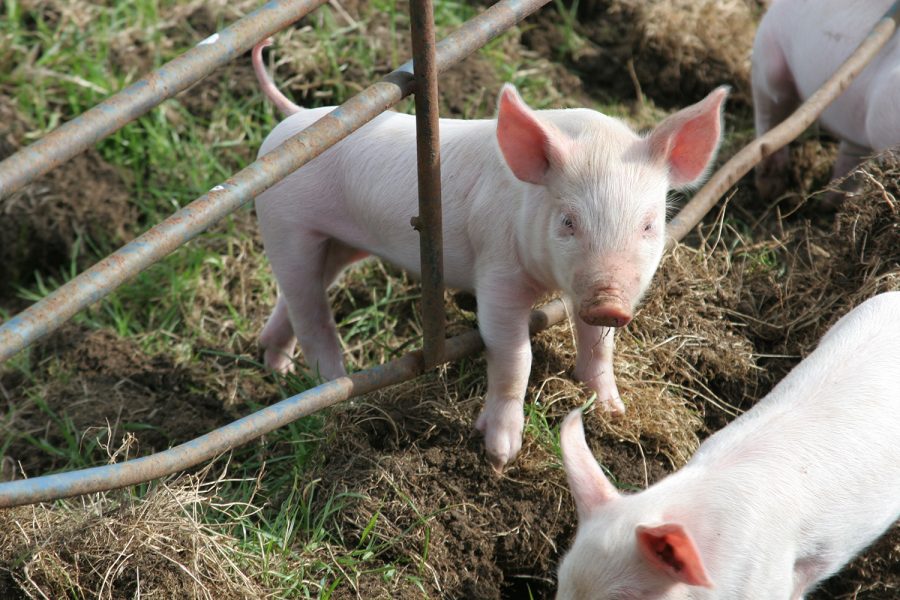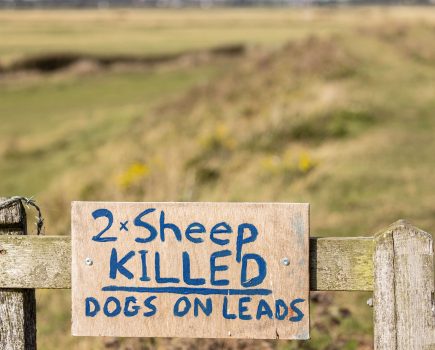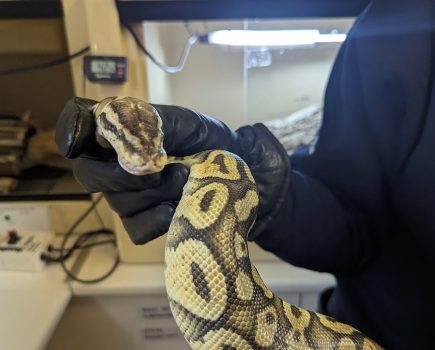Agricultural journalist, smallholder and editor of Ford & Fordson Tractors Magazine, Jane Brooks, explores the legalities of animal transportation by road.
In January 2024 researchers from the Universities of Bristol and Essex, published the results of a check of the regulations protecting animals during transport on long journeys. In the first comprehensive analysis of live animal transportation researchers looked at five English- speaking Western countries, consisting of Australia, Canada, New Zealand and the EU (including theUK).
They considered four risk factors, fitness to travel, journey duration, climatic conditions and space allowed. Quite shockingly they found all countries could improve, some countries don’t mandate regular stops on long journeys, others have stops too short to give animals a meaningful rest period.
Dr Ben Lecorps study co-author and Animal Welfare Lecturer in the Bristol Veterinary School said their findings indicated that regulations are often insufficient or too vague to ensure they are fit for purpose. He pointed out it didn’t mean all animals will experience serious harms while being transported, but some major risk factors such as journeys in hot weather are not being satisfactorily addressed. The report suggested that applying the best of each countries regulatory framework could be a major step closer to safeguarding animal welfare during transport.
KNOW THE TRANSPORT REGULATIONS
Here in the UK, probably as a response to the very hot summer, in 2022 the Government issued guidance that unless they are in temperature-controlled vehicles, animals should not be transported at external temperatures of more than 30°C. If there is high humidity, guidance is to look at a ‘feels like’ temperature weather phone or web-based app and apply the same 30°C rule.
Whilst the temperature limit is not written into law, should poor welfare and suffering following transport be reported by a Government Official it can be treated as part of a non- compliance referral to the authorities. Which could lead transporters to a possible referral for prosecution under Welfare in Transport law.
As a livestock keeper it’s probable you’ll need to transport animals by road. To comply with relevant livestock transport legislation if you transport farm animals, poultry or horses over 65km (around 40miles) and up to eight hours in connection with an economic activity you must have a certificate of competence in the form of independent training for an animal assessment certificate (short journey). This is available through various groups including LANTRA. You will also need a type 1 transporter authorisation, this lasts for 5 years and is available from APHA or DAERA.
This article extract was taken from the February 2025 edition of The Country Smallholder. To read the article in full, you can buy the issue here.








